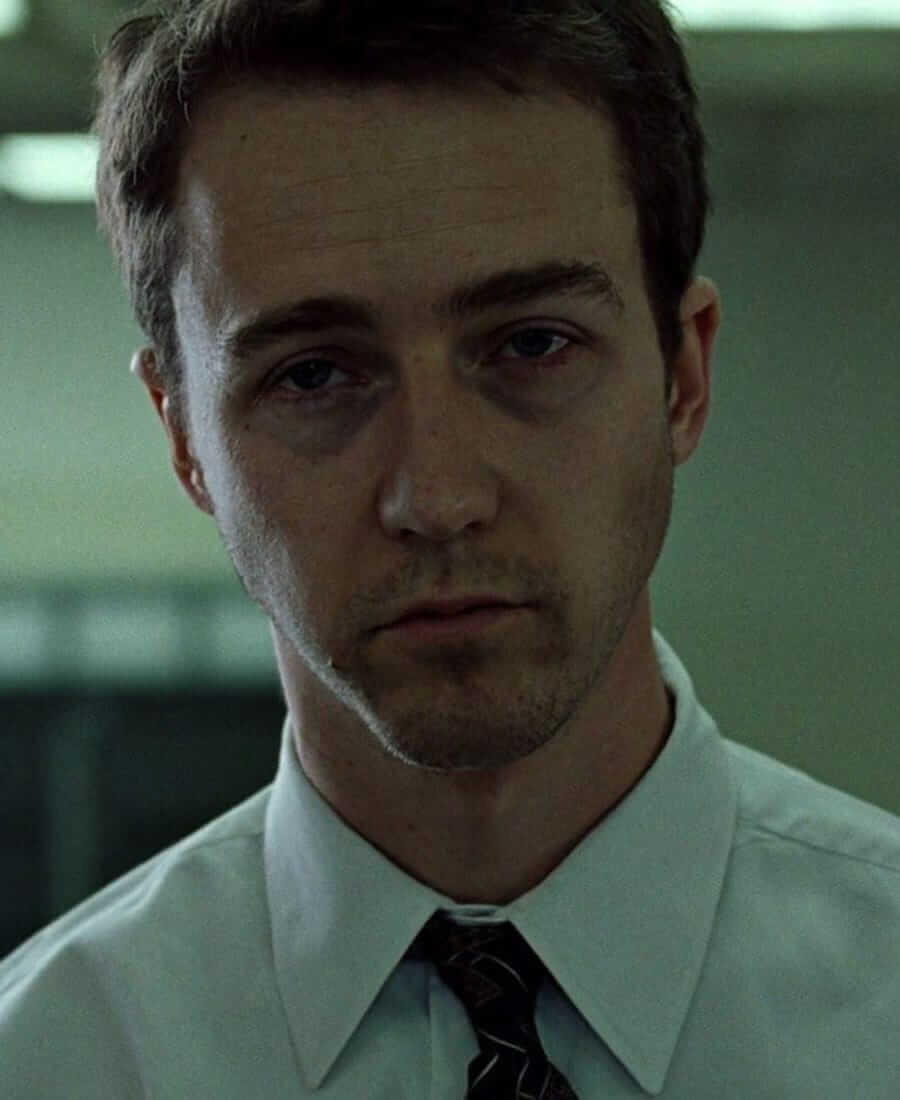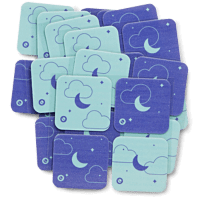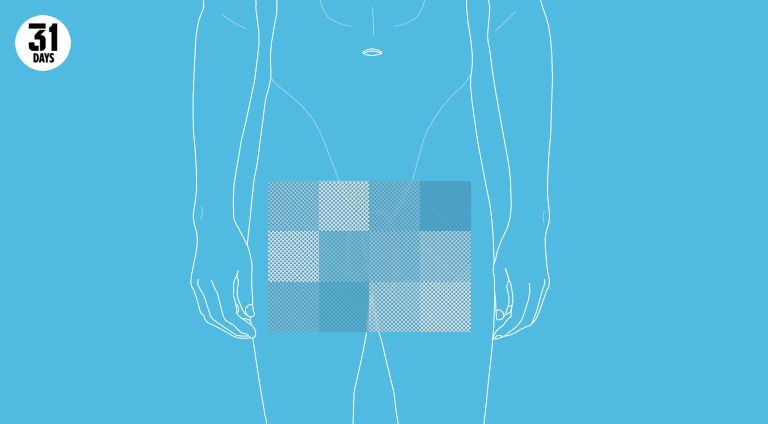
What a Lack of Sleep Does to Your Body
Six serious effects of sleep deprivation on your skin, brain and life in general
I love sleep. I love sleeping in on a lazy Saturday morning and get a kick out of carving out time on vacation for a nap in a hammock. I mean, who doesn't want to feel rested and recharged? But if sleep is so damned great, why the hell are so many of us so bad at it? Honestly, I know people who pay good money for yoga classes or shell out for high end juices yet only get about five hours of sleep a night. And I'm no better. I'm all good intentions but then it's 11pm and I derail my plans by starting a new Netflix series because I feel like “I finally have some time to relax.” Of course, come morning, I'm groggily stirring my coffee and calculating the hours until I can get home and pass out.
If this sounds familiar, don't worry. Let's not beat ourselves up. But let's stop treating sleep like something we can skimp on. Sleep doesn't equate laziness. It's not something you can “hustle” your way around and power through. It's free. It feels good and makes you better in all sorts of ways. So how much do you need? It varies, depending on your age and activity level, but the National Sleep Foundation has a solid recommendation of seven to nine hours a night. When you go without it, you do some real damage to your body and mind. Just how badly does it screw up your life? Let's count the ways.
The Effects of
Sleep Deprivation
You Look
Sorry to be blunt, but you know how after a good night's sleep you look rested and healthy? Well after a night or two of crap sleep, you look just the opposite. And that says nothing of the long term damage that sleep loss does to your appearance. For example, those who regularly skip sleep increase their risk of early aging. That's because overnight, during deep REM sleep, is when collagen and other proteins that give skin its elasticity are repaired. According to dermatologist and skincare specialist Dr. Dennis Gross, dark circles around the eyes form because the body's stress response to a lack of sleep is to redirect circulation to the most vital organs, including the brain. Then there's the skin's response. The decrease in blood flow along with the stress hormones mean dullness, dryness and breakouts.
You’re Buzzed (But Not in the Good Way)
Wait, what were we saying? You know ... Oh, right. An extensive sleep study conducted by the University of Oxford and the Royal Society for Public Health found that after 17 hours without sleep, our alertness is similar to the effects of a blood alcohol concentration of 0.05%, which according to US law is considered “impaired” on the legally drunk scale. After 24 hours without sleeping, the body is in the same state it'd be in at a BAC of 0.10%—well beyond the 0.08% BAC that identifies someone as legally drunk.
Your Sex Life Goes Limp
Testosterone is the key to your sex drive. It's what keeps you energized and horny and gives you that needed boost of strength. But your T levels drop when you go without proper shuteye. That's because your body only produces testosterone when you're in the deepest stages of sleep. Which means if you keep getting by with a couple hours of sleep each night, you're not going to be all that up for sex. And even if you attempt it, you likely won't have the power or stamina to do it well.
Advertisement
You’re Less Effective
The National Sleep Foundation's annual Sleep in America poll finds that among U.S. adults with excellent sleep health, nearly 90% say they feel very effective at getting things done each day, compared to only 46% of those with poor sleep health. Plus, you're less focused and sloppy. “You're more likely to make mistakes at work, for example, but less likely to realize it and correct them,” says Shalini Paruthi, MD, a sleep specialist with the American Academy of Sleep Medicine.
Your Hair Thins
“Sleep is important for protein synthesis of your hair, as well as the proper release of growth hormones,” says Dr. Francesca Fusco, a New York dermatologist. Additionally, your body interprets sleep deprivation as high stress. That's because overnight is when your body repairs itself. Without adequate time to do it, your body starts to panic and floods your system with stress hormones like cortisol, which starts to thin and weaken your hair.
But Your Gut? That Expands
That spike in cortisol hormone also leads to storing fat in your midsection, unfortunately. Perhaps even more dangerous, the sleep cycle plays a hand in controlling the two hormones that affect your appetite—ghrelin informs the brain that you're hungry, while leptin tells the brain that you're not. Scientists have found that sleep-deprived people have increases in ghrelin and decreases in leptin, which causes them to constantly crave a meal. Also, since you're not getting enough quality REM sleep to rebuild your muscle fibers, any time you spend in the gym won't result in any measurable muscle gains either.
Trouble Getting to Sleep?
This drug-free, all-natural skin patch gradually releases melatonin and valerian root into your system, helping you fall asleep faster and ensuring a restful night's sleep. It's also a great way to recover from jet lag.
$39.99 / $34.99 by Klova






